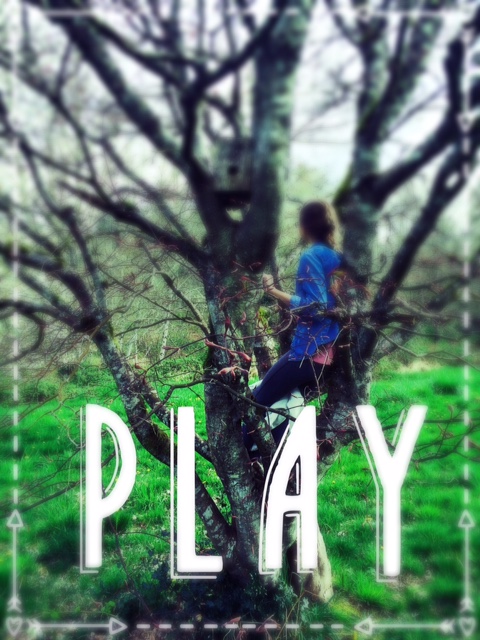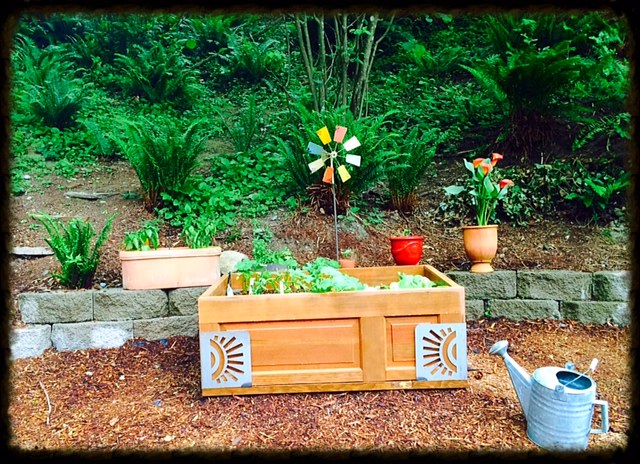After all, Donald Trump was only saying things that women have heard all their lives, so why does Locker Room Talk matter? Sexual Assault affects one in four women, and with it comes trauma, shame and fear.

When I first watched the Washington Post video of Trump, I felt sick. I felt slimed. I felt triggered. Because I study and treat the symptoms of trauma, I knew that his words were having a traumatizing effect on my body. My body was repulsed, sickened like it had been injected with a poison. When I heard Donald Trump talk about using his celebrity and power to force himself on women and grab their genitals, I shuttered. Donald Trump used his power, celebrity and position to degrade and even force himself sexually on women like a predator. It took me back to times when I was the object of that kind of language and treatment. Maybe you too.

Past Trauma
You know what I’m talking about: boys who called a girl a sexual name. Or the man at the bar touching you when you walk by. Or the teacher leaning too close. We’ve all had these moments that send chills up our spine and a knife through our gut.
When women hear, see or experience degrading sexual banter or behavior, they can be triggered to re-experience the trauma of past sexual assault. If you feel slimy, it’s because you’ve just been slimed.
What is Sexual Assault?
Sexual Assault is a crime of power and control referring to sexual contact or behavior without the victim’s consent. Maybe hearing Donald’s sick banter made you remember times where you were the victim of this kind of treatment. Locker Room Talk doesn’t happen in a vacuum, and we are seeing that as more women speak out (Temple Taggart and others.) If there is Locker Room Talk, there is undoubtedly degrading behavior to follow.

Here’s Why Locker Room Talk Matters
- It’s Assaultive: language that tears women down, minimizes them into an object of chase, or separates them into their body parts is an assault on women’s value. Hearing Donald trump talk that way about women and women’s anatomies can be re-traumatizing for those who’ve been sexually assaulted.
- It’s silent permission: when someone with power, fame, money or control talks this way, our culture becomes desensitized and accepts it as normal.
- It’s Sexually Violent in Nature: Using force, power, celebrity or even the element of surprise to grab, touch, fondle, push, rub, kiss or bump a woman sexually is violent and threatening in nature. Yes, Violent.
- It Objectifies Women’s Bodies: calling a woman’s anatomy vulgar names in a demeaning way separates her humanity from her parts. The woman no longer is a woman (human) as much as she is an object to be owned, used, or dismissed. Objects, unlike humans have no inherent value other than what they can provide their owner.
- It’s Devaluing. Treating, talking about, referring to women as less than the full and valuable humans they are is wrong, sexist and archaic.
- It’s Shaming. Shame has a way of making a person feel like there is something inherently wrong with them on the inside. Locker Room Talk shames the woman into feeling less than, deserving of abuse treatment, and unworthy of anything better.
- It’s Triggering. Hearing it may trigger you and even re-traumatize you. It makes us remember the times we were talked to like that. In my case, hearing Trump say those words took me back to a time when a powerful male with influence and followers, talked about me like that. The heart races, the cold sweat comes, shallow breathing, panic feelings, and flash backs- these are all signs of being triggered from past trauma.
- It’s Debilitating. Locker Room behavior rattles a woman to the point where she starts doubting herself. In attempts to make sense of it, she may ask herself things like, “What did I do to cause this? Why did he pick me? What should I have done differently?” Locker Room Behavior and Sexual Assault causes the victim to feel falsely responsible. Victims feel guilty as though they had a part in it.
Sexual Assault is Traumatizing
The women coming out now who are describing their sordid and unwanted sexual interactions with Donald Trump, report being walked in on while undressing, and kissed, groped and touched without consent. When someone forces himself into your space, making you feel emotionally, physically or financially trapped into conceding, you feel powerless. Your power, your privacy rights, your boundaries have been violated.

Locker Room Talk is not victimless. Unwanted groping, kissing, touching and leering is more than just awkward and uncomfortable- it is traumatizing. Getting away with something because “you can” shows a disregard for other’s needs and value. It shows Trump’s lack of moral center and conscience for how his actions affect others. We call that sociopathic behavior in my profession. We call that pathology. We call it dangerous.
If you’re with a man who minizizes Trump’s lewd acts and language, be aware of ways he may be minimizing you too. If you’re with a man who excuses locker room talk as “boys will be boys,” it’s ok to be alarmed, and mad, and sickened. These feelings are a message from your body that you deserve better.


















